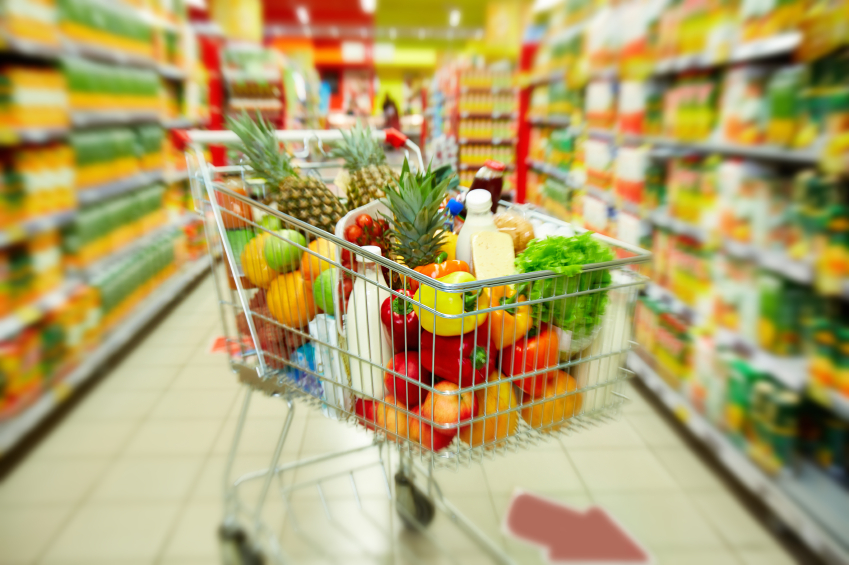
Western Producer: Global food trade defended
As the Western Producer reports:
Dozens of academics and reps from environmental groups have used COVID-19 as an opportunity to slam “industrial farms” and “corporate control” of food distribution and take shots at international trade….
Such rhetoric sounds appealing but it doesn’t stand up to analysis, says Ryan Cardwell, a University of Manitoba agricultural economist.
For example, if Canadians decided to stop importing food and depended solely on domestic production, the food system would be weaker during a crisis, including a pandemic.
“We could conceivably close our border to food trade and only consume what we produce,” said Cardwell, who specializes in international trade and food policy at the U of M.
“(But) I have absolutely no problem saying the disruptions would be worse, if we had a closed, insular food system.”
…“The more diverse your source of food is, the safer you are,” Cardwell said.
“If you are in a closed food market and something happens, you’re in real trouble.
If the domestic supply was in jeopardy, restoring food imports is not a simple task. It can take years to build the supply chains, freight and contracts necessary to import meat, fruit and vegetables.
One of the lessons from COVID-19 is that Canada’s food system has been fairly resilient, Cardwell said.
There has been panic buying and some empty shelves, but most Canadians are able to get what they need.
“The current system, for all its warts … has held up remarkably well,” he said. “Prices are not going through the roof…. We have fresh berries…. That is a testament to diversification and (trade).”






